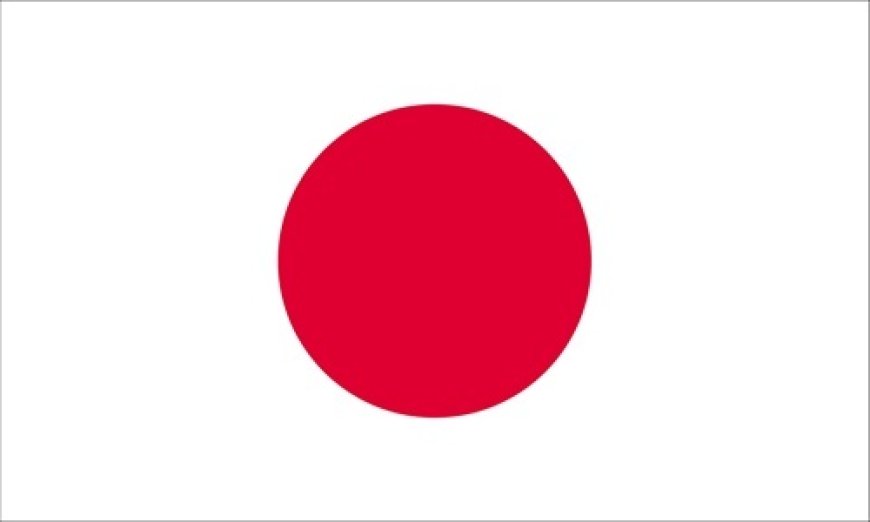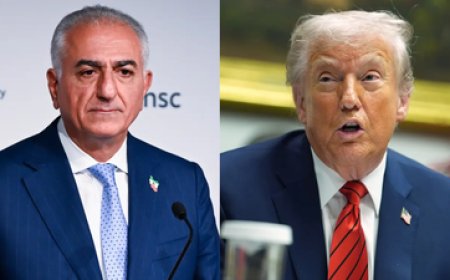Alberta Looks to Japan to Cut Reliance on U.S. Buyers

The government of Canada’s biggest oil-producing province is in talks with Japanese parties with a view to investing in the latter’s refining industry. The move, according to unnamed sources who spoke to Reuters, should secure a table overseas market for Alberta’s crude.
Per the report, this would be the first Alberta government investment in foreign energy infrastructure, potentially marking a new stage in the province’s energy policies and a departure from the historical almost complete reliance on the United States as an export market.
Investment in foreign refineries to secure a market for crude oil is, on the other hand, familiar to some national oil companies, such as Russia’s Rosneft and Saudi Aramco. The former is the co-owner of India’s Nayara Energy, which recently suffered a blow after the European Union tightened sanctions against Russia’s energy industry. The latter has been discussing oil supply to new refineries, yet to be built in India, to capture a bigger market share in the country with the fastest-growing oil demand.
Aramco already has several deals with Chinese refiners and petrochemical producers as the Saudi oil giant has been pursuing deals in recent years to expand its international downstream presence, especially in demand centers such as Asia. With this strategy it makes for a good example to follow for Alberta, which is only now opening to new markets overseas, after the expansion of the Trans Mountain pipeline.
With China and India pretty much covered by OPEC+ and fans of a bargain when it comes to oil, Japan seems like a more logical fit for Alberta’s oil producers. Despite its persistent economic growth problems, Japan has recently staged a recovery, and demand for energy will grow. Due to its scarcity of local energy resources, Japan is highly dependent on imports and diversification would be a good idea.
There is, however, a problem. Most of Japan’s refineries are not equipped to process heavy Albertan crude, with most of the country’s imports currently coming from the Middle East, Reuters notes in its report. That’s why the investment talks focus on the construction of a coker unit – refinery equipment that can process heavier oil fractions into lighter products.
If a deal is agreed, this would boost Alberta’s seaborne exports, providing an additional revenue stream for the oil province and, per Reuters, it would also strengthen its case for the construction of another oil pipeline, which the provincial government has been pushing for, in addition to Trans Mountain. Seaborne oil exports are already surging thanks to the TMX expansion, with volumes going to the United States dipping by about 1 million bpd earlier this year. China has emerged as the largest buyer of Albertan crude, followed by the U.S., and South Korea.
Amid soured relations with its top trading partner under U.S. President Donald Trump, Canadian policymakers on both the federal and provincial levels have started to realize they may have been too hasty in scrapping Alberta-to-coast pipeline projects over the past decade. These could have diversified Canada’s oil and gas exports earlier. Alberta has been a vocal supporter of increased pipeline takeaway capacity and now appears to have started to actively look for those diversification opportunities with non-U.S. customers.
For Japan, a deal would also be an opportunity to build an alternative supply route for oil besides the South China Sea, which Reuters notes is a regional hotspot, with China in territorial disputes with most of its neighbors in the area. In short, a deal would be a win-win, as long as one is agreed, and as long as the Canadian federal government relaxes its regulatory grip on Alberta’s oil industry.
By Irina Slav for Oilprice.com













































